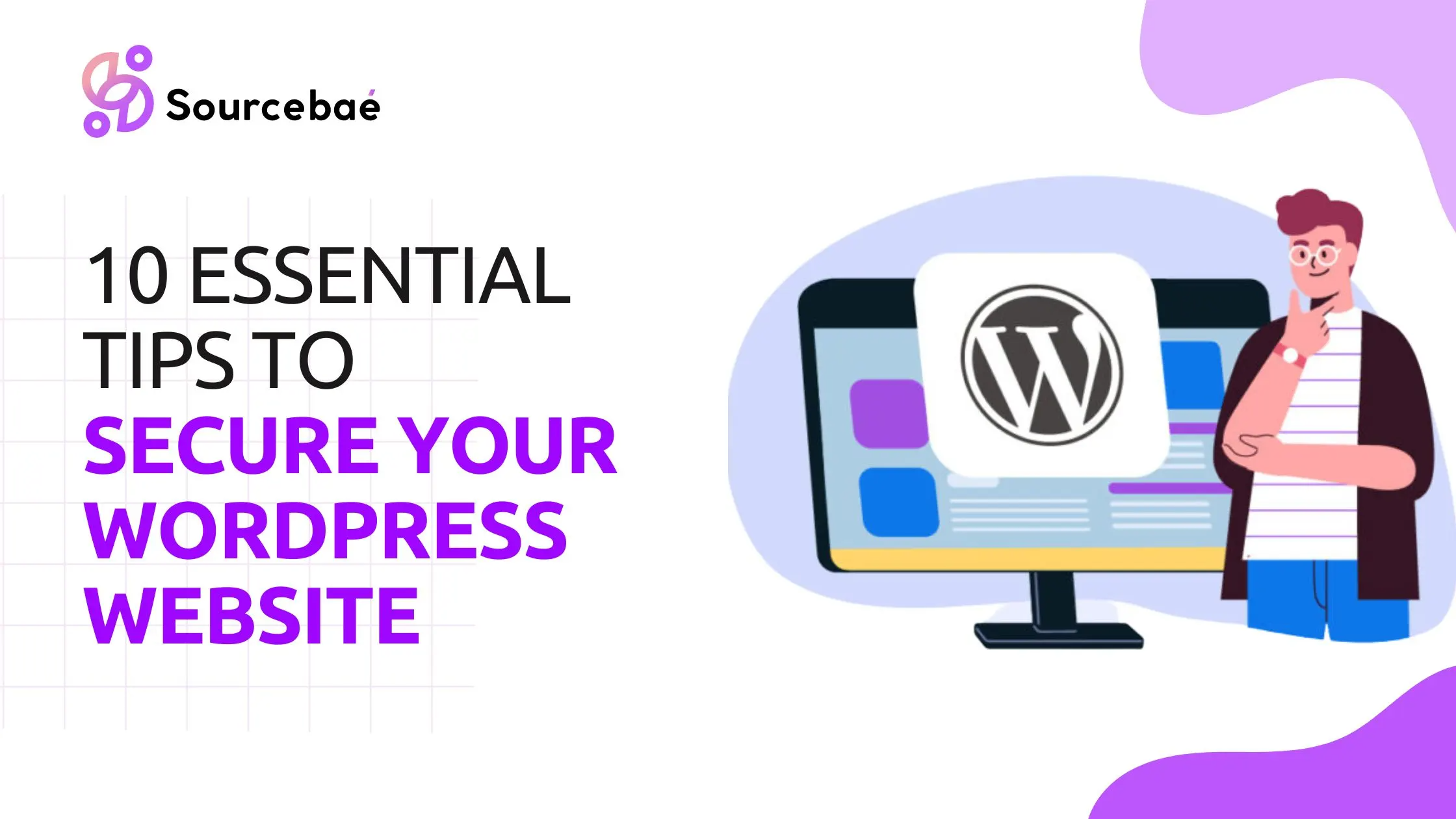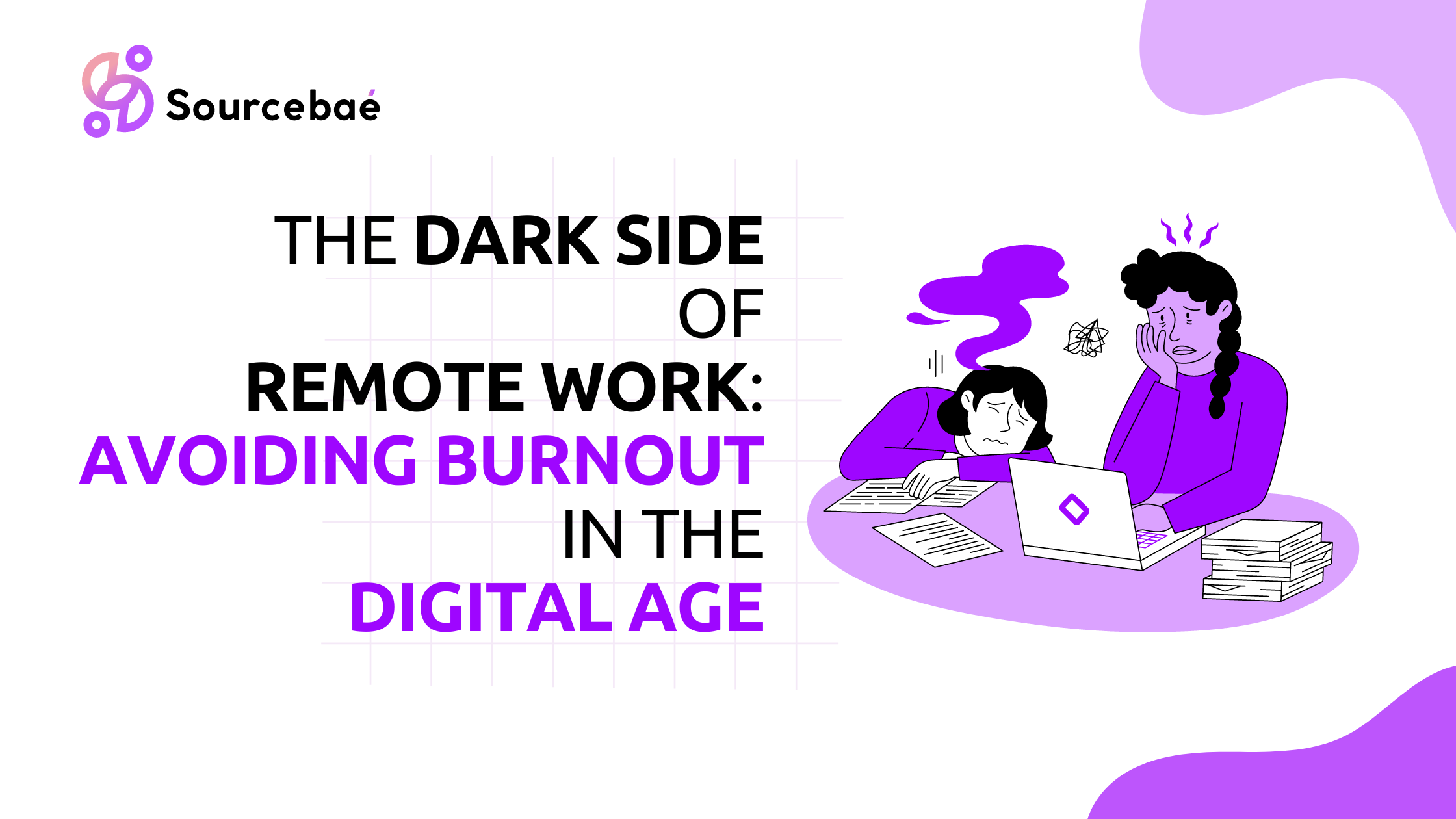10 Essential Tips to Secure Your WordPress Website

WordPress is the most popular content management system (CMS) in the world, powering over 40% of all websites. However, its popularity also makes it a prime target for cyber attacks.
Hackers are constantly looking for vulnerabilities to exploit and gain access to sensitive information. Therefore, it’s essential to take proactive measures to secure your WordPress website.
In this article, we will discuss 10 essential tips to secure your WordPress website.
10 Essential Tips to Secure Your WordPress Website
1. Keep Your WordPress Updated: Ensure that you are running the latest version of WordPress. WordPress releases regular security updates to address vulnerabilities and bugs.
2. Use Strong Passwords: Use strong, unique passwords that include a combination of uppercase and lowercase letters, numbers, and symbols. Avoid using common passwords like “password” or “123456.”
3. Install Security Plugins: Install a security plugin like Wordfence, Sucuri, or iThemes Security. These plugins provide additional layers of security to your website.
4. Enable Two-Factor Authentication: Two-factor authentication adds an extra layer of security by requiring a second form of authentication, such as a code sent to your phone, in addition to your password.
5. Limit Login Attempts: Limit the number of login attempts to prevent brute force attacks. Use a plugin like Login Lockdown to limit the number of login attempts.

6. Disable File Editing: Disable the file editing feature in WordPress to prevent hackers from accessing your website’s files.
7. Use SSL Certificate: Use an SSL certificate to encrypt data transmitted between your website and its visitors. This helps protect sensitive information like passwords, credit card information, and personal data.
8. Use a Secure Web Hosting: Choose a reliable and secure web hosting provider that offers regular backups, firewalls, and malware scanning.
9. Backup Regularly: Regularly backup your website’s files and database to a secure location. In case of a security breach, you can easily restore your website to a previous state.
10. Monitor Your Website: Keep a watchful eye on your website for any suspicious activity. Use a monitoring tool like Jetpack or Google Analytics to track your website’s traffic and activity.
Conclusion:
Securing your WordPress website is critical to protecting your website and its users from cyber threats. Implementing the above tips will help you secure your website and minimize the risk of a security breach.
Remember, the best defense against cyber attacks is to stay informed, stay vigilant, and take proactive measures to protect your website.





